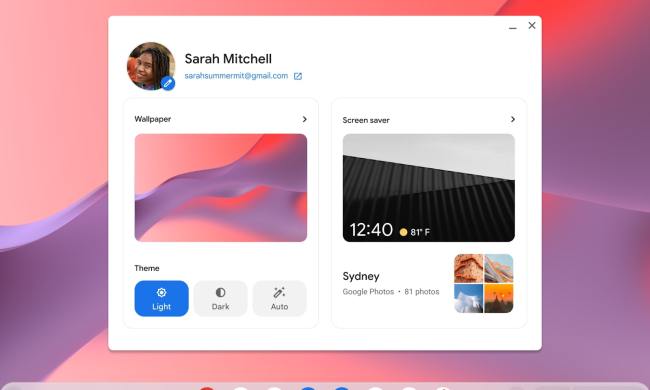
This is by no means the first move Google has made to aid in the ongoing crisis overseas. Four months ago, the Silicon Valley firm set up a fundraising campaign to help refugees, and promised to match the $5.5 million donated by individuals during the drive. Soon thereafter, the company created the Crisis Info Hub, an open-source platform that provides practical yet crucial information to migrants, including lodging, transportation, and other logistical information.
These, Google noted, were the most basic steps the company needed to take in addressing the problem. “As they make it through a dangerous journey, the first thing refugees need is to find shelter, food and access to care,” wrote Jacquelline Fuller, director of Google.org, in an official blog post. “But soon enough, they have to learn the local language, acquire skills to work in a new country, and figure out a way to continue their studies — all in an effort to reclaim and reconnect with the lives they had before.” And to assist in that reclamation process will be tens of thousands of Chromebooks.
These cost-effective laptops, Fuller says, ideally serve their intended educational purpose. Not only can they easily run education or language learning applications, but they’re also automatically updated with the latest features, apps, and virus protection. And moreover, Fuller adds, “they can be configured and managed by a central administrator (in this case the nonprofits) to offer relevant programs, content and materials depending on the situation.”
By March, Google hopes, the first Chromebooks will have arrived, and will begin helping the refugees establish a more complete sense of belonging in their new homes.


